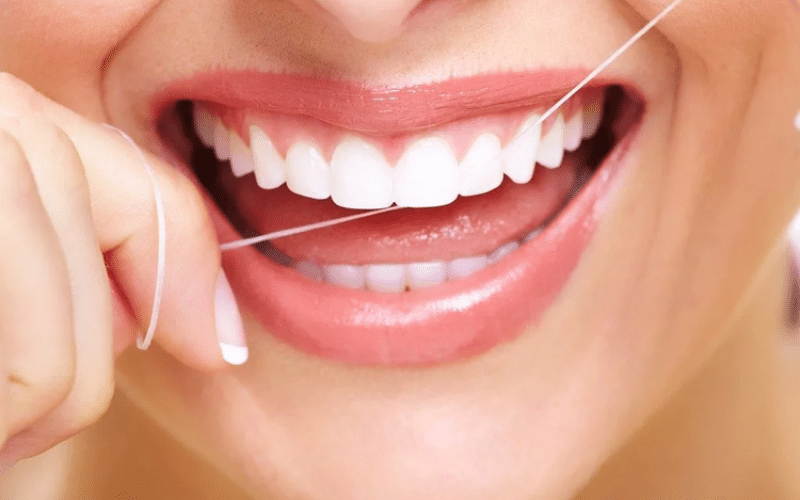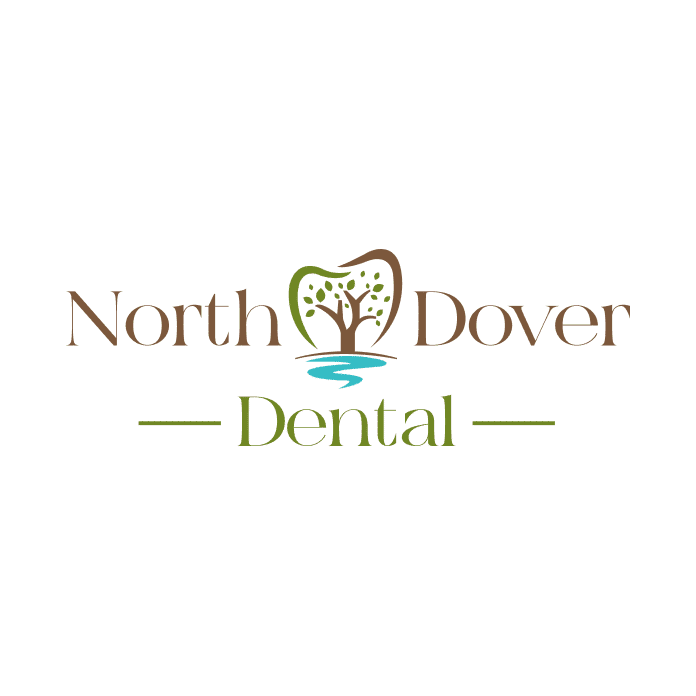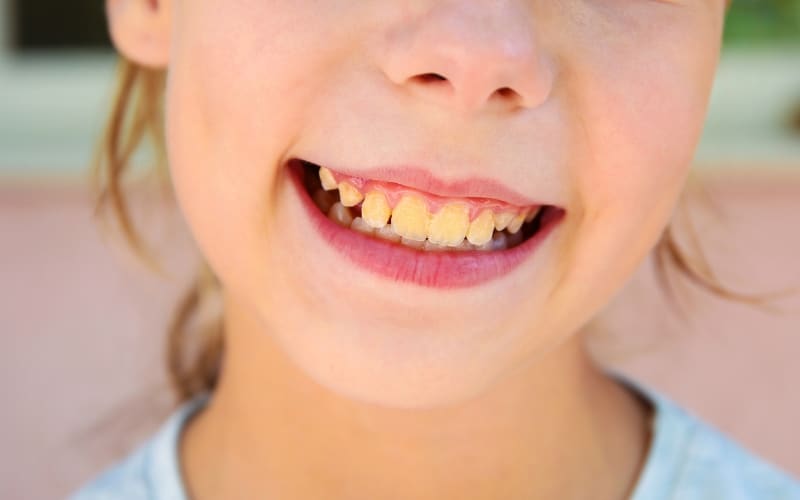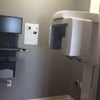
Oral hygiene is one of the most crucial aspects of maintaining your overall health. But despite how important it is, many people make simple mistakes that can lead to tooth decay, gum disease, and other dental issues.
Dentists are here to help by pinpointing the top 5 dental hygiene mistakes you should avoid in order to maintain a healthy smile for years to come. These easy-to-make blunders can be fixed with a few small changes in your daily routine.
Let’s dive into these mistakes and how you can avoid them!
Common Dental Hygiene Blunders To Not Make Anymore
1. Brushing Too Hard or Too Soft
Why It Matters?
It’s easy to assume that brushing harder means you’re cleaning your teeth better, but that’s simply not true. Brushing too hard can damage your enamel, irritate your gums, and even lead to gum recession. Proper dental hygiene requires a balanced approach, using a soft-bristled toothbrush and gentle strokes to clean effectively without causing harm.
On the other hand, brushing too lightly may not effectively remove plaque and bacteria, especially around the gum line and between your teeth.
How To Avoid It?
- Use a soft-bristled toothbrush to prevent damage to your enamel and gums.
- Brush with gentle, circular motions, not a back-and-forth scrubbing motion.
- Focus on all areas of your mouth for 2 minutes, making sure you don’t apply excessive force while brushing.
Tip from the dentist: If you are concerned about your brushing technique, ask our dentist for a demonstration during your next checkup!
2. Not Replacing Your Toothbrush Often Enough
Why It Matters?
Over time, your toothbrush loses its effectiveness. Worn-out bristles won’t be able to clean your teeth properly, and they could even become a breeding ground for bacteria. Your toothbrush also collects germs from your mouth that can make it less hygienic if you keep it for too long.
How To Avoid It?
- Replace your toothbrush (or toothbrush head if using an electric brush) every 3–4 months.
- Replace it sooner if the bristles are frayed or if you’ve recently been sick.
- Consider switching to a new toothbrush after a dental procedure or if you notice any discoloration.
Pro Tip: After brushing, rinse your toothbrush thoroughly with water and store it in an upright position to allow it to dry properly and reduce bacteria buildup.
3. Skipping the Flossing Routine
Why It Matters?
Even with the most meticulous brushing routine, your toothbrush can’t reach between your teeth or along the gum line, where plaque and food particles accumulate. Flossing is the only way to clean these hard-to-reach areas. Neglecting this step leads to plaque buildup, cavities, and gum disease.
How To Avoid It?
- Floss at least once a day, preferably before bedtime, to remove food particles and plaque.
- Use an appropriate length of floss (about 18 inches) and make sure to gently slide the floss between your teeth without snapping it, as this can irritate your gums.
- If you find traditional floss challenging to use, consider alternatives like floss picks, interdental brushes, or a water flosser.
Dentist’s Recommendation: Flossing is an essential part of your oral hygiene routine that shouldn’t be overlooked. Ask the dentist for tips on effective flossing during your next visit.
4. Not Visiting The Dentist Timely
Why It Matters?
Regular professional checkups are vital even if you maintain a stellar at-home oral hygiene routine. A qualified dentist in Toms River can spot problems early, such as cavities, gum disease, or oral cancer, that may not be visible to the untrained eye.
Professional cleanings remove tartar and plaque buildup that brushing and flossing cannot eliminate.
How To Avoid It?
- Schedule a dental checkup and cleaning every 6 months or as recommended by our dentist.
- If you notice any signs of dental issues, such as persistent bad breath, bleeding gums, or tooth sensitivity, book an appointment sooner.
- Take advantage of preventive services like fluoride treatments and dental sealants to keep your teeth in top shape.
5. Neglecting Your Tongue and Gums
Why It Matters?
Your tongue and gums are integral parts of your oral hygiene, yet they are often overlooked. The tongue harbors bacteria that can lead to bad breath, while the gums support your teeth. If your gums aren’t cleaned properly, plaque can build up, leading to gum disease.
How To Avoid It?
- Use a tongue scraper or your toothbrush to gently clean your tongue during your daily brushing routine.
- Brush your gums lightly in a circular motion to help remove plaque and stimulate blood flow.
- Use an antimicrobial mouthwash to rinse away bacteria and keep your mouth fresh.
Dentist’s Insight: Don’t forget to clean your gums during your dental routine. Healthy gums are essential for a long-lasting smile, and dentist in Toms River can recommend gum care tips tailored to your needs.
A Healthy Smile Starts With The Right Routine!
Avoiding these dental hygiene mistakes is a simple but effective way to keep your mouth healthy and your smile bright. By brushing gently, replacing your toothbrush regularly, flossing every day, visiting a dentist for regular checkups, and taking care of your tongue and gums, you’ll be on the path to excellent oral health. If you’re unsure about your dental hygiene routine or need more personalized tips, schedule an appointment with our dentist in Toms River.
Your oral health is worth the effort, and small adjustments can make a big difference in the long run! Remember, healthy teeth aren’t just about looking good—they’re about maintaining overall health and boosting your confidence. Make the right choices today to witness a brighter, healthier smile tomorrow!








